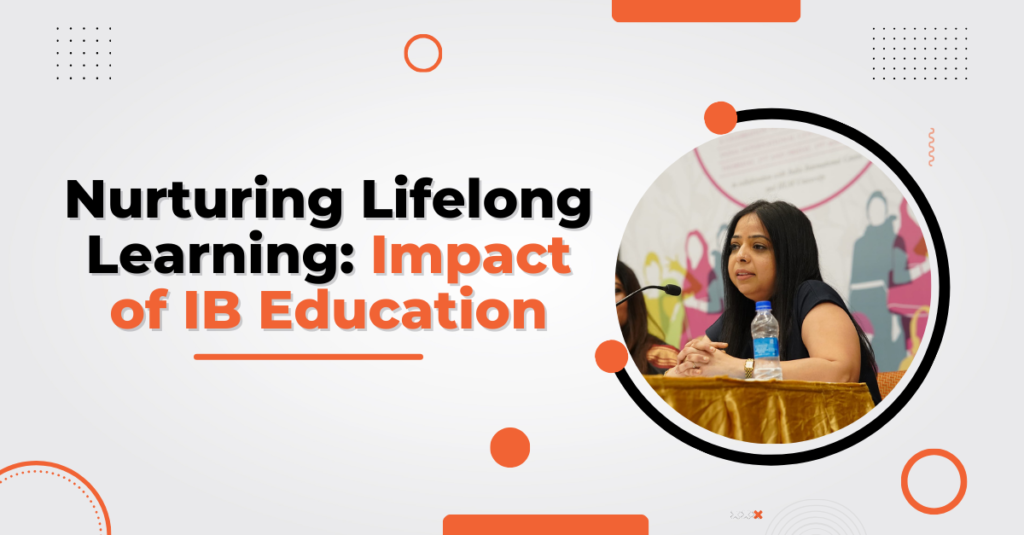In my journey as an educator, I’ve had the privilege of witnessing the profound impact of International Baccalaureate (IB) education on shaping students into lifelong learners. Allow me to share some insights into the challenges students face and the solutions IB provides, through the stories of Emma and James.
Challenges in Traditional Learning: Traditional education often focuses on memorization and standardized testing, leaving little room for critical thinking and creativity. Many students, like Emma, find themselves disengaged and uninspired by this approach. Emma struggled to see the relevance of her studies and felt disconnected from the material.
Solutions Offered by IB: IB education adopts a holistic approach, emphasizing inquiry-based learning and interdisciplinary connections. Emma’s experience shifted dramatically when she joined an IB program. Instead of memorizing facts, she was encouraged to explore topics deeply and make connections to real-world issues. This approach ignited her curiosity and reignited her passion for learning.
Challenges in Interdisciplinary Understanding: In traditional classrooms, subjects are often taught in isolation, leading to fragmented understanding. James, a student in my class, faced this challenge when trying to apply his knowledge in real-world contexts. He struggled to see how his learning in different subjects connected and how it could be applied outside the classroom.
Solutions Offered by IB: IB education promotes interdisciplinary learning, encouraging students to see the connections between subjects and apply their knowledge in meaningful ways. Through collaborative projects and discussions, James began to understand how concepts from different subjects intersected and how they could be used to address complex issues like climate change and economic inequality.
Challenges in Communication and Collaboration: Effective communication and collaboration are essential skills for success in the modern world, yet many students lack opportunities to develop these skills in traditional classrooms. Emma, initially reserved and hesitant to speak up, struggled to communicate her ideas effectively and collaborate with her peers.
Solutions Offered by IB: IB education places a strong emphasis on communication and collaboration, providing students with opportunities to work in teams, present their ideas, and engage in meaningful discussions. Through group projects and presentations, Emma gradually gained confidence in her ability to express herself and collaborate with others, skills that are invaluable in both academic and professional settings.
Challenges in Global Awareness: In an increasingly interconnected world, it’s crucial for students to develop an understanding of global issues and a sense of empathy towards others. However, traditional education often lacks opportunities for students to engage with diverse perspectives and experiences.
Solutions Offered by IB: IB education promotes global awareness through service learning projects, cultural exchanges, and a curriculum that encourages students to explore global issues from multiple perspectives. Emma and James both participated in service learning projects that allowed them to engage with communities outside their own and develop a deeper understanding of the world around them.
Conclusion: In conclusion, IB education offers solutions to many of the challenges students face in traditional learning environments. By fostering critical thinking, interdisciplinary understanding, communication, collaboration, and global awareness, IB prepares students not only for academic success but also for lifelong learning and success in an increasingly complex and interconnected world. As an educator, I am proud to be a part of this transformative journey and witness the profound impact IB education has on shaping the minds and hearts of future leaders.






